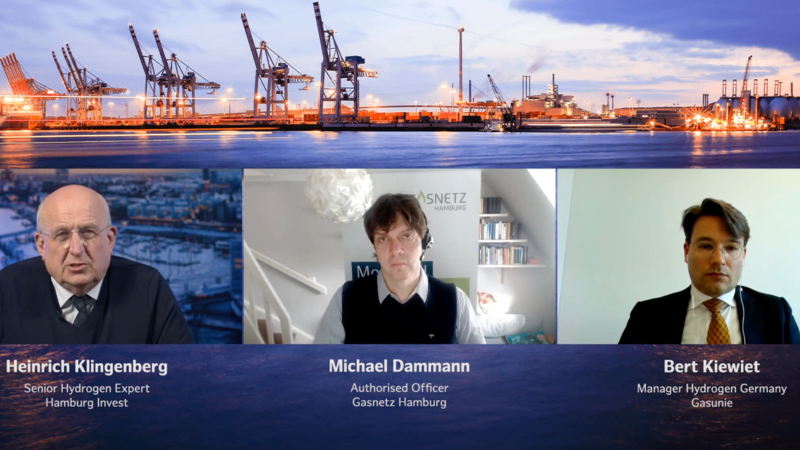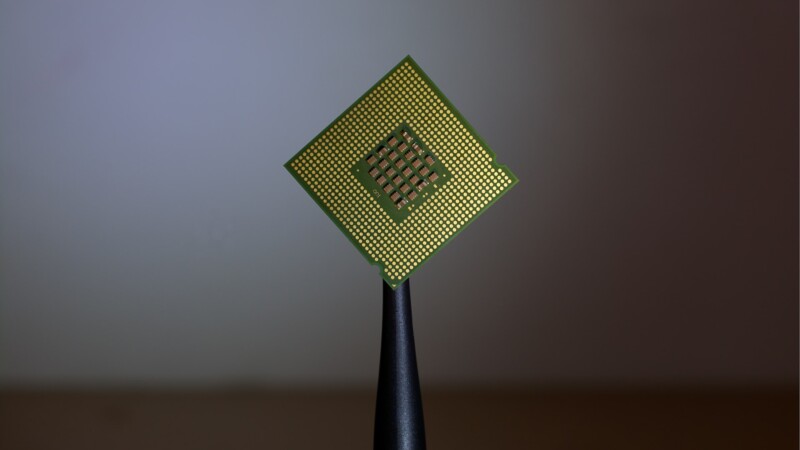Commenting during the ceremony, Fegebank said: "The European XFEL stands for both excellent research on a world level, and the European idea of good neighbourliness and partnership. Researchers from all over Europe and the rest of the world conduct research here at the gates to Hamburg jointly and across borders to find the first answers to the big issues facing mankind." European XFEL's new accommodation will allow experts from all over the world to stay in close proximity to the laboratories. The Schenefeld-based research campus remains on a growth course and provides a research environment on a par with the world's top international research facilities.
Katharina Fegebank, Senator for Research, Science and Equality in Hamburg, and Friederike Kampschulte, Head of the Science Department at the Ministry of Education, Science and Culture in Schleswig-Holstein, inaugurated Monday (June 21, 2021) a new guest house for global researchers visiting European XFEL.
Research to stay near laboratories
Accommodation for 58 researchers
The new guest house, which has been built at a cost of some EUR 7 million and is operated by European XFEL, has 58 beds in 55 rooms and is also available to other guests and for events to the planned visitor centre. A large mural on the outside wall pays tribute to the British chemist and X-ray crystallographer Rosalind Franklin, who laid the foundation for Watson and Crick's elucidation of the DNA double helix structure with the help of so-called X-ray structure analysis. The guest rooms feature artistic images of various elements, instruments and parts of the X-ray laser.
Around 900 visiting researchers at XFEL
European XFEL is a cutting edge, international research facility in the Hamburg Metropolitan Region. It enables 27,000 X-ray laser flashes per second and with a luminosity that is billions of times higher than the best conventional X-ray radiation sources. This opens up entire new research opportunities, e.g., for deciphering the atomic details of viruses and cells, 3D imaging in the nanocosmos, filming chemical reactions and processes such as those inside planets. European XFEL is a non-profit research organisation and employs 450 staff. It works closely with the DESY research centre and other international institutions. Around 900 researchers from 255 institutions in 28 countries visited European XFEL in 2019. The number of experimental stations and the beam time offered will continue to increase in future.
cb/sb/pb
Sources and further information
European XFEL
European XFEL began user operation in September 2017 and now involves 12 nations including Denmark, France, Germany, Hungary, Italy, Poland, Russia, Slovakia, Spain, Sweden, Switzerland and Britain. The facility extends a total of 3.4 kilometres from the DESY site in Hamburg to the town of Schenefeld in Schleswig-Holstein.
More
Similar articles

H2Global foundation set up in Hamburg

Future Hamburg Talk: Infrastructure for green hydrogen

German Maritime Centre focusing on four fields of action
